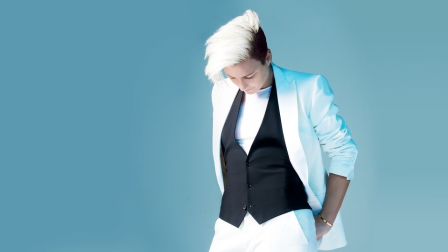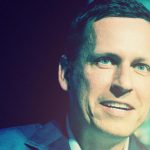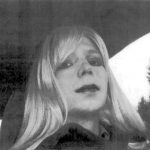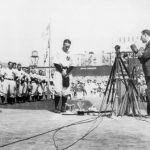Abby Wambach: “I’m A Recovering Soccer Player”
Abby Wambach spent 14 electrifying years leading the U.S. women’s national soccer team to Olympic and World Cup victories. She talks about taking on wage inequality, the importance of her image, and why retiring is like being fired—and being reborn.
In your soccer career, you scored more international goals than any other player, man or woman. But you’ve said that you don’t want to be remembered only as a soccer player. Why is that?
I was able to go out on top, as a World Cup champion, and I’m so blessed to have been able to do that. That said, having had 30 years of experience playing a sport, I have kind of stymied my growth as an adult. I’ve been so transfixed and focused on this one goal of attaining championships and [being] my best soccer self. I don’t regret it, because it offered me so many beautiful things. But when that gets stripped away, it’s like: Did I love what I [was doing]? I loved representing my country, but there were parts of playing that were brutal—the injuries, the recovery from those injuries, always being on a diet, always traveling, and always pushing my body to its nth degree. What’s important for me now is that I’m starting over. I have a chance at a second career, and that’s both exciting and terrifying.
On your ESPN podcast, Fearless Conversation With Abby Wambach, you’ve talked of how retirement brought on an “existential crisis.”
Retirement has been enlightening, but also really hard at times. Everyone experiences it, whether you get fired, or you’re changing careers, or having children, and your life is completely flipped upside down. People don’t talk about their hard times enough. Sometimes you cry, sometimes you’re stuck, sometimes you drink too much. It’s almost like recovery. I’m a recovering soccer player.
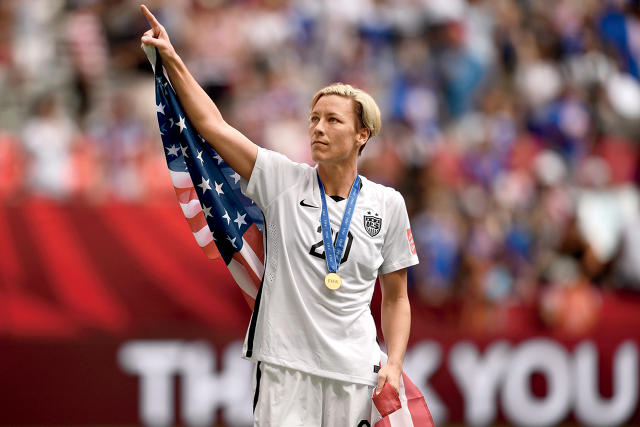
What did you learn about yourself in the process?
You have to accept that you’re going back to the drawing board to figure out what you’re going to be good at, what you’re going to enjoy, what’s going to fulfill you. I think that’s especially [hard to do] with the level at which I played: I have very high expectations for my life. Not the lifestyle, but the successes, the goals, and the dreams. They’re massive.
You’ve written your memoir, Forward, and you’ve got your podcast and a new role as an on-air analyst for ESPN. How do these endeavors challenge you?
The ESPN thing is a mind shift. You have to get into the mind-set of a coach rather than analyzing a game from a player’s perspective, even though they want a player’s perspective, on some level, from me. There are some nuances that I have yet to learn. And I will learn them. I’m very confident in myself in that way.
But I’m also trying out [other] new things. That’s why I signed on with ESPN: They’re giving me the leeway to figure out what I like. I have all these other projects [in the works] with my own businesses, starting up my new [soccer-training] camp, and creating a path centered around this revolution that I feel is happening around us. There’s something in the air, around the women’s movement, around equality, the gay movement, and I want to be a part of it. We have to start honoring each other’s differences so that these tragedies [like the mass shooting in Orlando] stop happening.
Where do you start?
It’s already starting in the things that I’m involved in, like working for ESPN. A Disney-owned company hired a gay woman with short hair who dresses androgynously. That is, for me, a telltale sign that I chose the right company, because they’re not scared of someone pushing the boundaries. I’m here as a reminder that change is happening, but we still have a long way to go.
You’ve been very vocal since you retired about closing the gender pay gap in soccer. Why didn’t you speak out about it more when you were playing?
When I retired, I realized, first of all, that I needed a job—I’m not a male professional athlete who’d signed massive contracts. I did just fine, but it’s not lifetime kind of money. It [prompted] me to do this deep thinking. I got really pissed off. And then, as I was writing my book, I realized that maybe I didn’t do enough when I was playing, when I could maybe have had more impact, to help grow the game and help this wage discrepancy get smaller and smaller. At the same time as I was basically regurgitating this emotion and information to put into my memoir, the women on the national team filed this grievance against U.S. Soccer for equal pay. And so—this is all part of what I was talking about earlier—it feels to me like there’s this revolution happening.
There was so much good that came out of Title IX [the 1972 law requiring equal opportunity for women in higher education]. The idea behind it was driven primarily by women wanting to be able to educate themselves to become doctors. But the best side effect was requiring universities to have the same amount of female athletes as male athletes. If you look 20 to 30 years down the road [from that decision], I’m the by-product. I’m the direct by-product of women before me doing work to ensure equal treatment, to ensure equal opportunity. And what you find now is more women in sports, and more women in professional sports. That equalized things in a way that really did change the world, and now I want to do my part.
Your memoir is just being published. What was it like writing something so revealing?
It’s been the most brutal and beautiful experience I’ve ever undertaken, professionally, because it’s so personal. There’s a public persona that I put out there for a lot of reasons, the first being that as one of 23 [players on the national team], I couldn’t really speak my mind about all of my life. I was speaking for so many other women, and I didn’t want my personal life to get mixed in. So now I get to shed some light on who I am.
You were arrested for driving under the influence in early April. You’re a role model for millions, which comes with a certain amount of responsibility. How will you go about rebuilding trust?
I am just being myself. I’m not worrying about rebuilding trust because, honestly, if my fans have lost trust in me after making a mistake like this, one time, then that’s their prerogative, and I won’t judge them for it. They get to decide who they want to follow, who they want to idolize, and those are the consequences I have to live with.
In a statement after your arrest, you said that the truth would come out. What did you mean by that?
There’s not going to be some massive, “Oh, wow, she didn’t do it,” sort of thing. No. I got into a car after I’d been drinking. I pled not guilty because I had to, then later changed the plea to guilty because that’s who I am. But there are some nuances and pieces of information that make the why a bit more clear. For me, it’s not about, “No, I didn’t do it.” It’s about understanding the full picture before you cast judgment on someone else. People will see as they read my book that getting pulled over was the best thing that could have happened to me. I think that’s a valuable lesson.
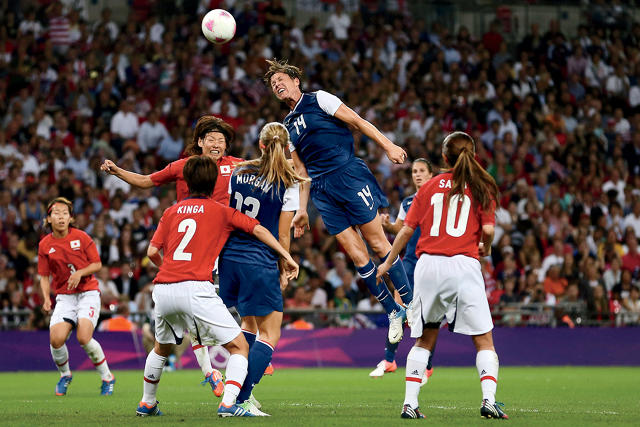
During your career, you delivered a lot of clutch plays under serious pressure, bringing home a World Cup and a pair of Olympic medals. Do you miss the adrenaline rush that comes from competing on the world stage?
There’s a dopamine release into your system when you’re extending your limitations day after day. It was almost like an addictive chase. I’ve gone snowboarding, I’ve played tons of golf. It’s impossible to re-create.
A version of this article appeared in the September issue of Fast Company magazine.
Fast Company , Read Full Story
(25)

